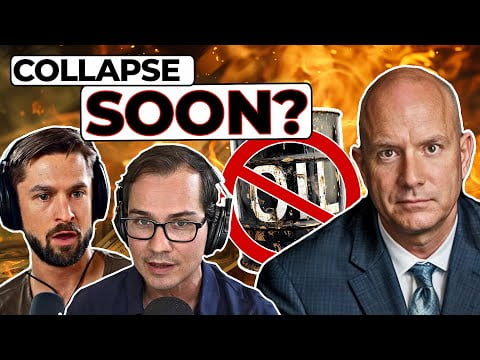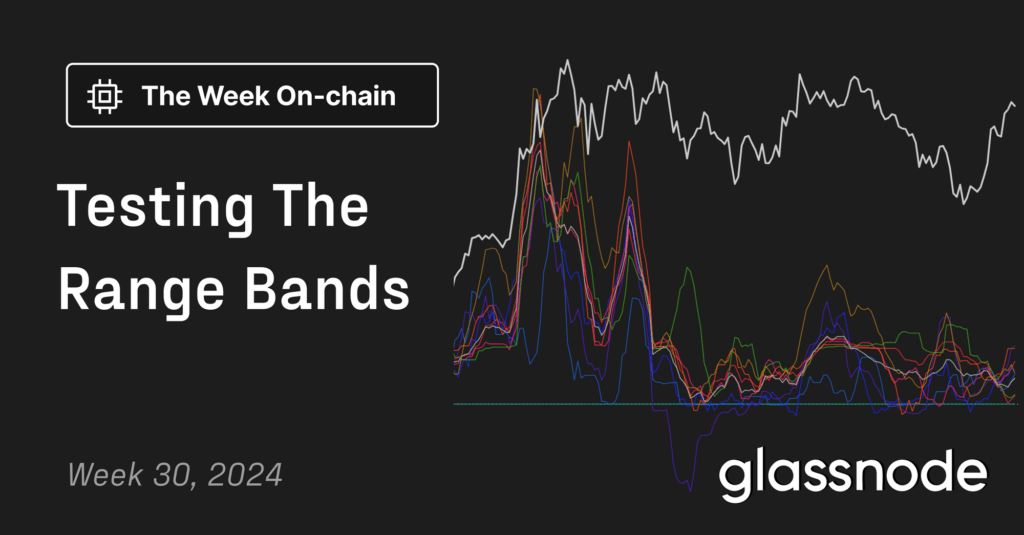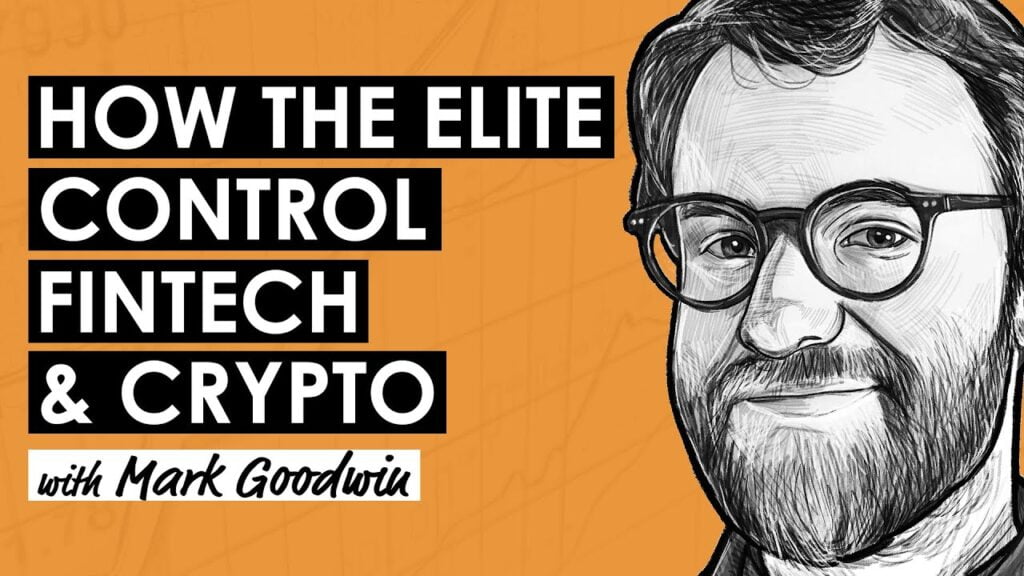Podcast Summary
The podcast delves into the intricate relationship between energy and money, the impending shift in the monetary system, and the role of AI and robotics in causing deflation. The guest also discusses the potential collapse of banks due to automation-induced wage decrease, the risk of holding US Government debt, and the unsustainability of the current monetary system.
Key Takeaways
Energy as the Base Layer of Money
- Energy-Money Relationship: The guest emphasizes that energy is the base layer of money, as human work is the expenditure of energy, and debt is a promise to expend energy in the future. This perspective challenges traditional assumptions about the dollar and oil.
- Energy Blindness: Policymakers and the media often overlook the importance of energy in economic and geopolitical decisions, leading to a lack of understanding of the true dynamics of the monetary system.
Impending Monetary System Change
- Unsustainability of Current System: The guest argues that the current debt-based monetary system is unsustainable due to high levels of debt and deflation. This situation makes it risky to hold US Government debt, especially if inflation rises due to increased demand for copper in the transition to electric vehicles.
- Imminent Change: The guest predicts a massive monetary system change, driven by the price of oil and the unsustainability of the current system.
Impact of AI and Robotics
- Deflation and Debt: The guest suggests that AI and humanoid robotics will lead to deflation, which is incompatible with the current debt-based monetary system. As wages decrease due to automation, people will struggle to afford their debt payments, leading to defaults and a potential collapse of banks.
- Central Banks’ Role: Deflation makes it impossible to pay back the high levels of sovereign debt, leading to the need for central banks to fully reserve consumer and sovereign debt with printed money.
Gold and Bitcoin as Alternative Currencies
- Disconnect Between Dollar and Energy: The guest highlights that the dollar is no longer tied to energy and that gold and Bitcoin are becoming alternative currencies. This shift is evident in the different denominators between the S&P 500 Total return, Gold, and Bitcoin.
- Performance Prediction: The guest believes that gold and Bitcoin will perform well in the current environment, along with industrials and commodities.
China’s Threat to Dollar’s Reserve Currency Status
- China’s Strategy: China’s use of the Yuan for trade and its acquisition of hard assets like oil fields and gold is highlighted as a potential threat to the dollar’s reserve currency status.
- Shift Towards Gold: China and Russia are settling oil imbalances in gold, leading to an increase in gold holdings and a potential shift towards gold as an oil currency. This shift has implications for the dollar and the treasuries market.
Sentiment Analysis
- Bullish: The guest expresses a bullish sentiment towards gold, Bitcoin, industrials, and commodities, predicting that they will perform well in the current environment. This optimism is based on the belief that the dollar is no longer tied to energy, leading to a shift towards alternative currencies.
- Bearish: The guest expresses a bearish sentiment towards the current debt-based monetary system, predicting an imminent change due to its unsustainability. The guest also warns of the risk of holding US Government debt, especially if inflation rises due to increased demand for copper in the transition to electric vehicles.
- Neutral: The guest maintains a neutral stance on the impact of AI and robotics, acknowledging their potential to cause deflation and debt issues, but not expressing a clear positive or negative sentiment towards these technologies.












